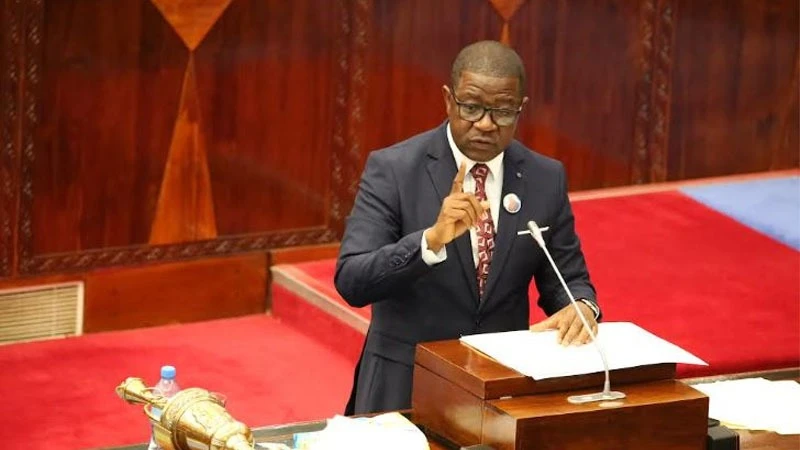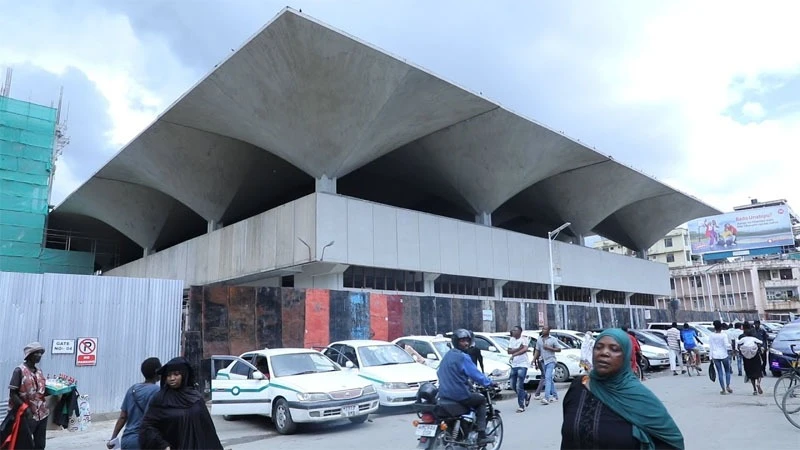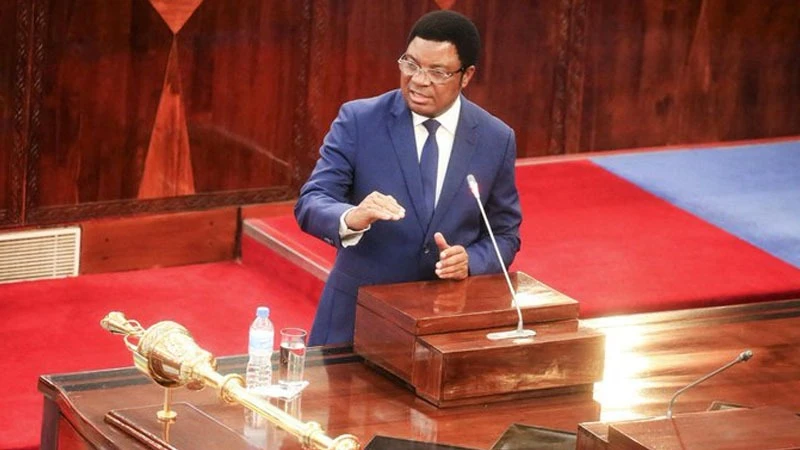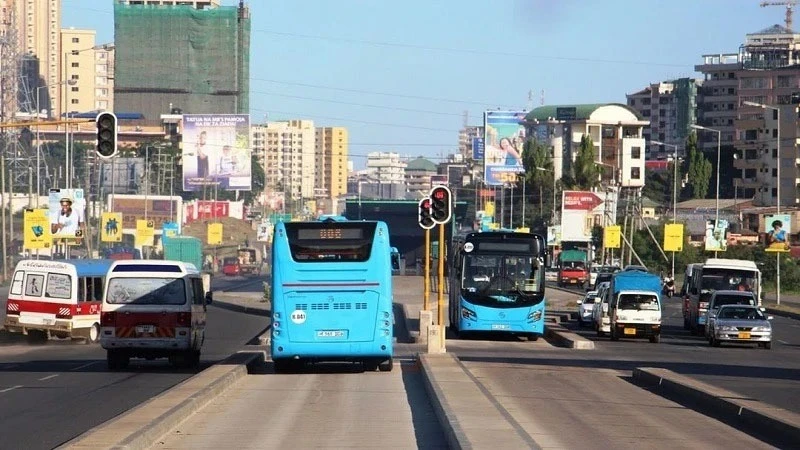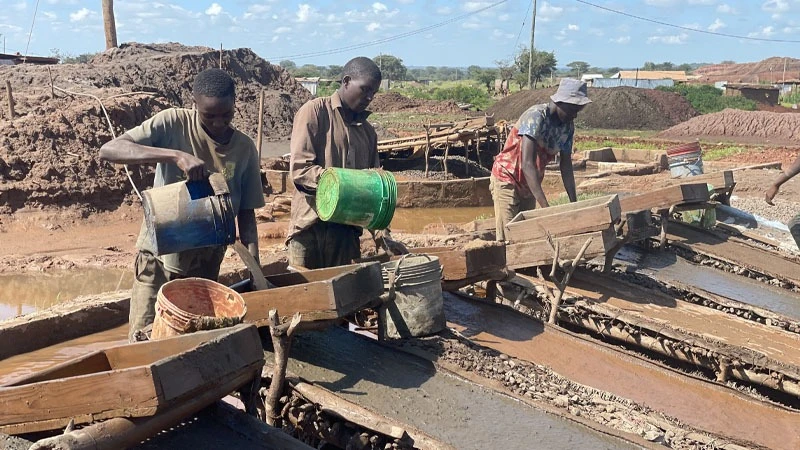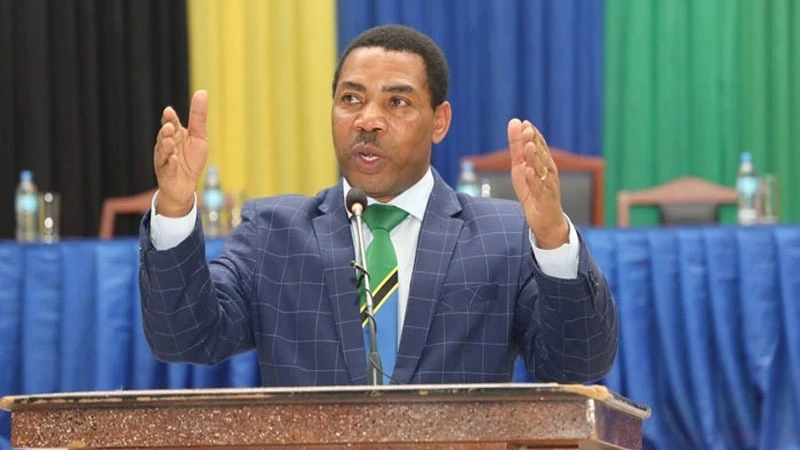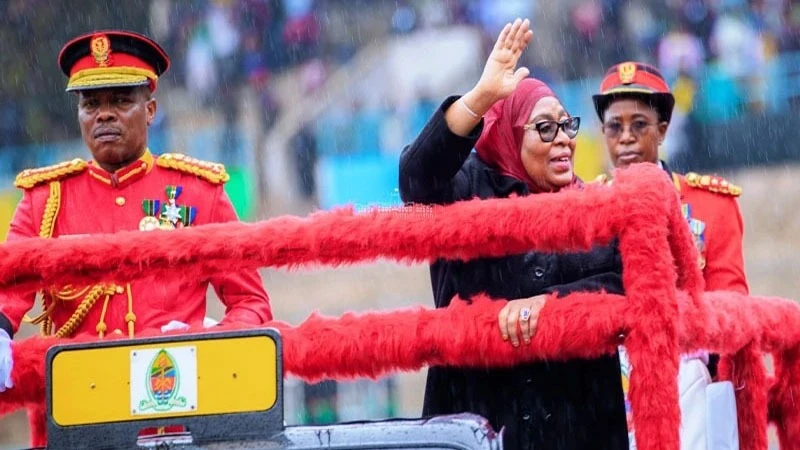With land quitting due to floods, a reform opportunity is evident
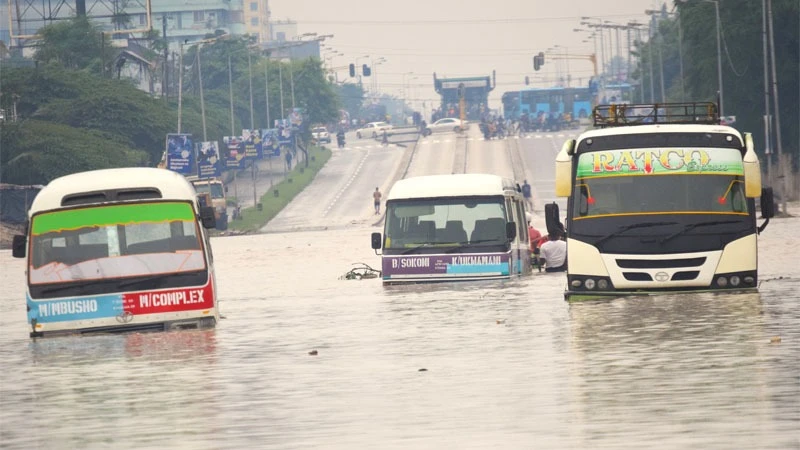
WELL wishers are extending significant amounts of money to help those affected by the flooding owing to recent heavy rains, with the United Kingdom handing out euro 200,000 (556m/-) to an aid agency tied with the UK, Action Aid, to administer well targeted relief.
While the proper purpose is enabling the flood victims to come back to some sort of normal life while awaiting being resettled and in many cases start collecting household items again, there is an opportunity that is unlikely to be taken up. It is the possibility of giving them plots of land as in urban areas, free from customary law.
This looks a matter of spellings to some people, whether the land is customary law or common law, which in the legal tradition means English law where by definition land is private property, as they see that customary law us just alright.
The point however is that since the government wishes to come up with what it routinely describes as land use plans, it ought to shift from public ownership of land which in tribal or clan areas is administered by customary practice - handing over from father to son, When this pattern is obliterated by floods, the government can hand out new land on freehold basis.
The point about personalized, common law or freehold titles is that it enables free exchange of land as property among users, or more habitually it enables credit institutions to offer loans individually or collectively when the project is right, and it has a bankable collateral.
In addition, families or clan members given individual plots of land basically dissolve their clan links to remain at other levels like periodic festivals and meetings, not inheritance or picking quarrels about invaders. In the aftermath of such titles being provided the government can convert the land they abandoned to project land as well.
On the basis of current impressions the number of households and thus acreages of land that have been affected, dislocating traditional land occupants who must now be provided with other land patches to recreate their livelihoods. Given the fact they will face plenty of problems merely by moving their ancestral land to another, and research during the 1970s shift to Ujamaa |Villages showed that inter-clan or inter-family competition is pronounced by such move as the quality of land they obtain differs, a wider range of options is usable. This includes obtaining credit to start something durable, or selling.
Just imagine what this means if thousands of people in a diverse area in districts such as Rufiji, Kibiti, Lindi, Kilwa, Malinyi, Katavi and Morogoro urban area, now being assisted to access household needs to ease their hardships, are placed into such a situation.
They would obtain .loans rather quickly for instance by pooling titles for a workable community-wide project, while the government sets up funds to enable them to obtain zero--rated loans, and by long land leases to investors, quickly starts to recover the money so directed. And for transformative projects of that sort, the extent to which donor cooperation in setting up backup funds for banks to loan to groups of the displaced villagers is likely to be significant. The reason is that the level of waste in communal activity, without access to credit.
Top Headlines
© 2024 IPPMEDIA.COM. ALL RIGHTS RESERVED






